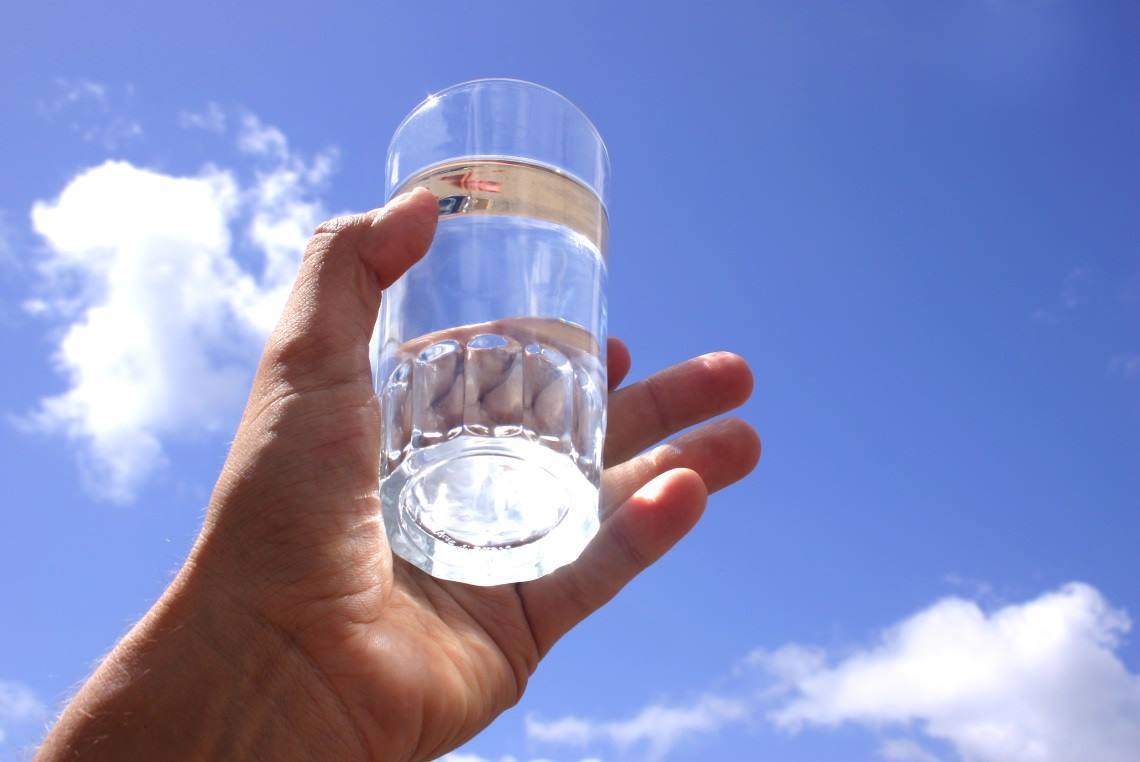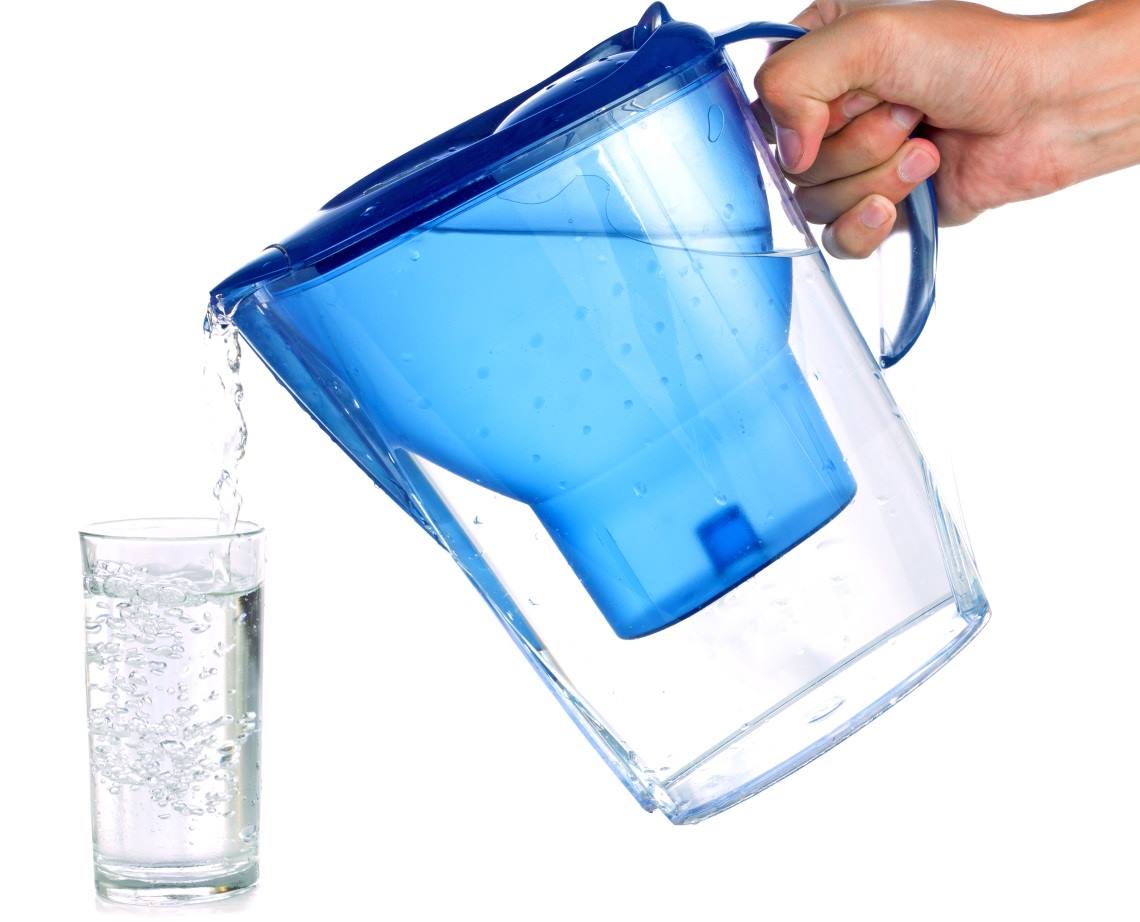- Improved Compliance
- Real Consumer Engagement
- Enable Digital Reorder
& Replenish
Can You Drink Distilled Water?
Most of the water we drink goes through its own filtration process before it reaches us.
Most of the water we drink goes through its own filtration process before it reaches us through our faucet or in a bottle and there are many different kinds of filtration systems. One way to purify water is to use a distillation filtration process which has multiple types and different components. Below we will discuss the different ways distillation filters water and if distilled water is safe and healthy to drink.
What is distilled water and how is it made?
Water that is distilled has gone through a distillation filtration process. This type of filtration can take many forms but at a basic level it involves boiling the water to remove minerals, chemicals and contaminants. The water is boiled down to an evaporation level and the components in the water are vaporized and discarded. Boiling the water also destroys harmful bacteria and the evaporated water left behind in the container may have metals, minerals and other harmful contaminants. The remaining rising steam or pure vapors without contaminants are collected in a new container, cooled down back into a condensed liquid form, free from toxins and ready for consumption.
The distillation process can have variations dependent on the temperature and duration of the boiling point. Different chemicals and minerals are evaporated at higher or lower temperatures, so to specify which minerals stay in the steam the temperature is controlled. The duration that the water is boiled also determines which molecules stay in the steam. The less time the water is boiled, in essence, the more particles are left behind and not dissolved. The harmful volatile organic compounds (VOCs) are boiled off before the water molecules which makes distillation an effective way of purifying water.
There are many different ways to distill water. You can buy a distiller machine that you just add unfiltered water to and it will remove contaminants automatically. You can also boil the water to remove contaminants and drink the remaining water; but without the evaporation process not all contaminants will be removed. It is only when the water is converted to steam are all the unwanted minerals and chemicals removed. There are also bottled water companies that manufacture distilled water for purchase.
There are many different opinions on whether or not distilled water is safe to drink. Next, we will examine the pros and cons of consuming distilled water.
Benefits of Distilled Water
Distilled water has many commercial uses like in medicinal and industrial applications but is it safe for drinking and food processing? Some will say that yes, it is safe for drinking and to use with food preparation as it eliminates all harmful bacteria and particles in the water. Unlike other filtration processes which may add chemicals to eliminate bacteria – like fluoride added to tap water – distillation doesn’t require any additives that may be toxic.
Some may argue that distillation removes all bacteria that could be harmful for human digestion systems. To ensure that you will not be exposed to any harmful microbes or diseases, distillation can be used to purify a polluted water supply. In addition, it has been found that distilled water can actually remove toxins from the body. Distilled water can be used for any kind of detox program in which you want to remove poisons from your body. Remember to add back the minerals and dietary needs that are removed to safely use distilled water during a cleanse. Since minerals are removed from distilled water it is important to eat nutritious foods to supplement any minerals loss that you may develop from drinking distilled water instead of regular water.
If you have a distiller, it can be used in times of survival or when the municipal water supply is out or polluted. Distillation can be used for all types of water such as outdoor sources (rivers, streams and ponds) and even with chlorinated water found in swimming pools. This makes distillation a great alternative to drinking contaminated water or going without a clean water source.
Potential Disadvantages of Drinking Distilled Water
Since all minerals are removed when water is distilled, drinking it exclusively can cause the body to lose vitamins and minerals like sodium and magnesium. If an individual is doing a cleanse or fasting, they may not be replenishing these vitamins with food and could cause harm to the body which requires these elements to function properly.
Another argument is that most people do not like the taste of distilled water. Bottled water companies may use a distillation process and then add back minerals and compounds to the water for taste. You can do the same at home, adding mineral packets or electrolytes after you have distilled your water. Adding minerals back to the water will ensure that your body also doesn’t suffer from any mineral deficiencies.
Distilled water is also more acidic than regular water which is more alkaline. Continuously drinking acidic distilled water can lower the pH in the body which is usually around 7.3-7.4. Higher acid in the body and blood stream can cause aging and diseases. The structure of the water molecule is also altered with distilled water. The difference between alkaline, tap or ionized water molecules is the way that the body can easily absorb the water molecules. The altered structure of distilled water molecules may make it harder for the body to absorb them therefore less effective in overall hydration.
Using at-home distillers can also be time consuming and there are more efficient ways to purify water, like with tablets or other filtration systems. Since distillers use energy to purify water, they create higher carbon emissions and loss of resources than other methods. Another aspect to be aware of is that some at-home distillers may also leave trace elements that have a lower boiling point than water.
In Conclusion:
As you can tell there are many different viewpoints on whether distilled water is safe to drink or healthy for everyday consumption. While some feel it is the only water that is completely pure – others feel that its purity may leave out some other compounds that our bodies need in our water. It is up to the consumer to find which water works best with their diet and hydration needs. Distilled water is safe to drink but listen to your body before committing to exclusively drinking distilled water. Also consider the energy and time needed to distill water and remember that there are other more efficient ways to purify your water.

